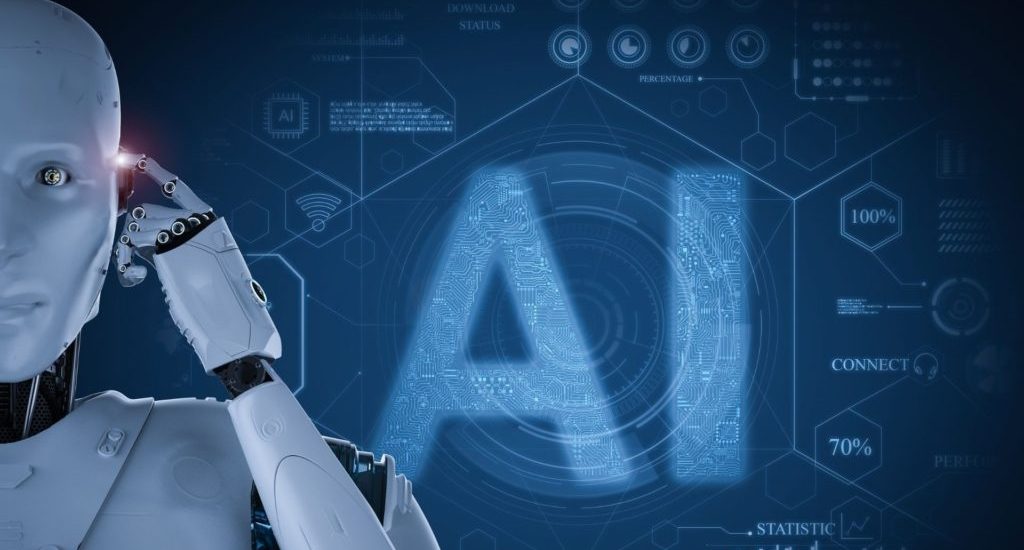Considerations And Challenges Regarding Patents For Drug Discovery Using Artificial Intelligence
- September 4, 2020
- Posted by: mbipuser
- Categories: Ip Topics, Latest article

In pharmacology, drug discovery is the process by which drugs are discovered and/or designed by researchers. Due to rapidly improving technological advancement, machine learning and other Artificial Intelligence (AI) technologies are expected to discover new drags quicker, cheaper and more effective. Thus, machines are destined to replace researches in the drag discovery process. However, there is a problem with the law in granting patents generated in this way due to the human factor. In the United States, all patents in the past have been awarded to human beings with the award of patents to non-humans being a grey area in the law. As a result, courts have been reluctant to award patents in cases where an invention is attributed to artificial intelligence. However, the courts have not failed to appreciate the fact that Artificial Intelligence (AI) can be fully responsible for an invention.
The latest guides for both European Law and United States laws can be observed by the behavior of the European Patent Office and the UK Intellectual Property Office; as well as the US Patent and Trademark Office (USPTO). In the European case, both authorities declined to issue patents on two inventions developed by the DABUS AI system. The authorities noted that the rationale was in the definition of the term “inventor” that has always been interpreted to be a human. It is worthy to note that the authorities did not have a problem with the merits of the inventions. In the US case, USPTO asked for public opinion in 2019 on whether there was need to draft a non-human as being capable of being an inventor (Agarwal, 2020). In both cases, it clearly comes out that due to technological changes, inventions are presently not exclusive to humans. AI can invent and what then needs to be done is to streamline and harmonize the laws to reflect this new reality. Benevolent AI company, in another example, has demonstrated that it is using AI to invent a drug for Covid-19 that has taken much less time than if AI was not involved. This is a case that when complete, will attribute the invention to the AI rather than the scientists working on it (Butcher, 2020).
Apart from the necessity for the change in law in the definition of inventor, there is also need to develop the law regarding the benefits of a patent. This is because AI systems are inhuman and cannot enjoy the privileges that come with a patent as humans would do. Since patents are granted for the enjoyment of economic rights, AI systems do not then benefit the same way because they are incapable of enjoying economic benefits such as profits that human inventors would enjoy. AI systems are incapable of applying for patents let alone the enjoyment of economic rights. This makes it necessary for the role of creators, owners, and administrators of these systems to be involved and named as owners or co-owners of these inventions.
AI inventions, especially in the drugs category, also have an element of human involvement. AI systems are coded or directed at least in part at some point. They do not just start the inventions themselves. This creates a new grey area of when to attribute an invention to the AI system and when to recognize that a human’s involvement was more substantial than the AI.
Lastly another area to consider is the law regarding the improper naming of an inventor. As it stands, it is illegal to improperly name an inventor so that if an AI invention is improperly attributed to a human, it is voidable. The same goes for when a human’s invention is improperly attributed to AI as was decided in Frank’s Casing Crew & Rental Tools, v. PMR Technologies. Since it is still unclear of when to attribute an invention to a human and when to attribute it to an AI system, patents are likely to be lost not due to malice but due to lack of clarity in the law.
In conclusion, it appears that jurisdictions are in acceptance of the idea that AI has developed the capacity to invent. Therefore, the law needs to develop to clarify the conditions under which AI systems can be named as inventors, and the rights and benefits that shall accrue in such circumstances.
